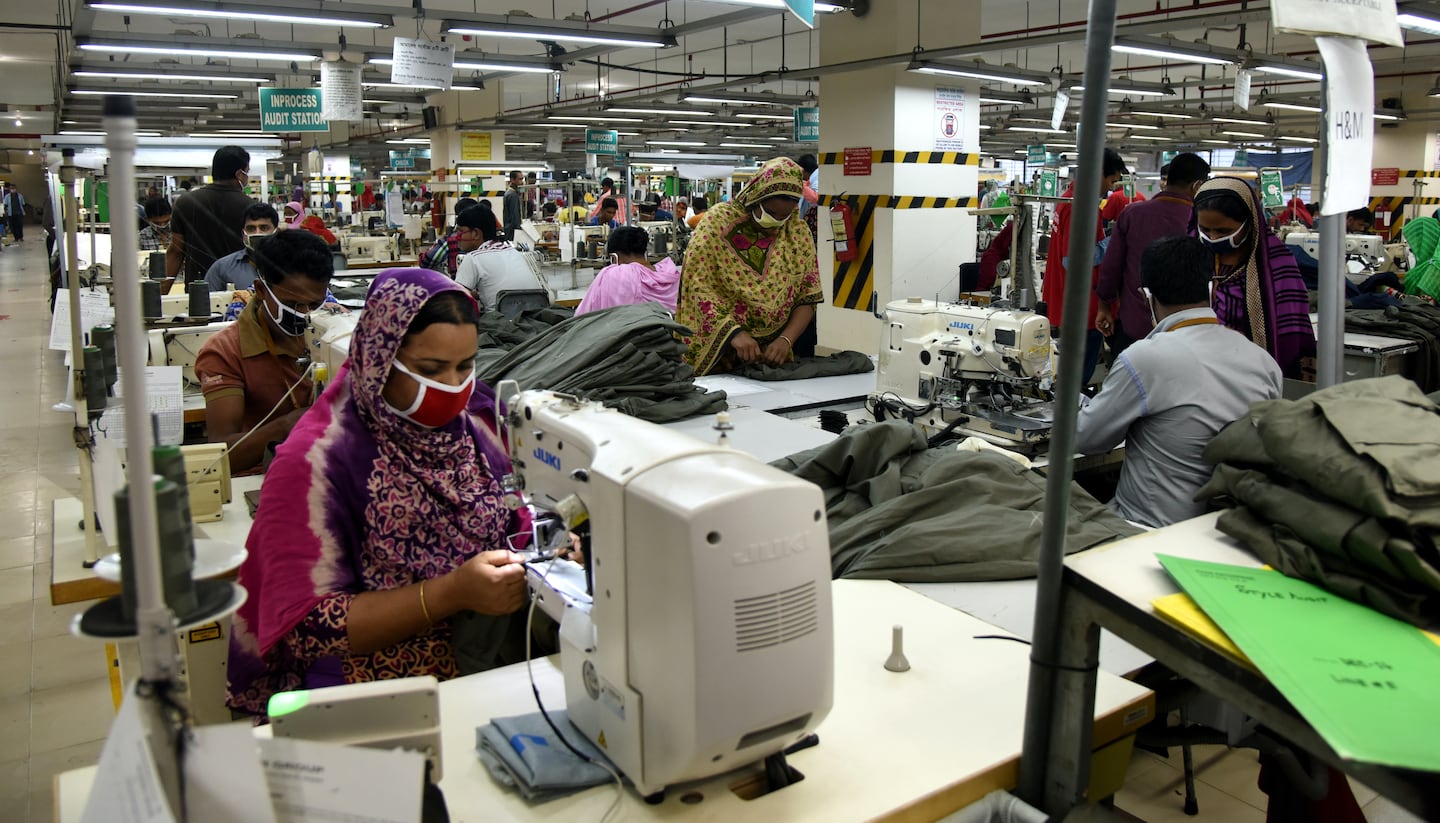
The Business of Fashion
Agenda-setting intelligence, analysis and advice for the global fashion community.

Agenda-setting intelligence, analysis and advice for the global fashion community.

Covid-19 is the biggest crisis yet for a global apparel industry already reeling from declining sales. Due to the rapid spread of the deadly coronavirus, many of the world's largest apparel retailers have announced temporary store closures. Many have put a timeframe of two weeks on these closures but, in reality, the available evidence suggests they are likely to be closed for much longer.
Then, there's the demand side of the equation. For now, consumers are largely at home, in many cases under the orders of their governments, and though e-commerce sites are hopeful, few people are in shopping mode.
For now, retailers continue to pay rents on their stores, the salaries of their employees, business rates and insurance. But for how long? The latest estimates suggest the crisis will last at least until June of this year, which, for already-struggling retailers could simply be too long: the last nail in the coffin.
Against this grim backdrop, brands and retailers are postponing the delivery of completed garments and telling manufacturers not to cut fabrics and process other raw materials which factories have already purchased.
ADVERTISEMENT
Factories are trying to cope with this situation as best they can but are facing production shortfalls and may have to suspend production lines entirely, creating a real risk that, in order to reduce costs, manufacturers will need to reduce the number of workers they employ or, at best, reduce the number of hours they work, which, in either case, would result in severe hardship for labourers.
Remember, poverty is a killer, too, and many more people die from poverty than Covid-19.
This is where my major concern lies. Many of the 4 million workers employed in the apparel sector here in Bangladesh have families to feed, and secure work in the apparel industry is the lifeline upon which they and their dependents rely. Who will support them during these challenging times? Remember, poverty is a killer, too, and many more people die from poverty than Covid-19.
Brands and retailers may throw up their hands. After all, they are facing high inventory levels, the spectre of fixed costs that they cannot avoid and a currency market that is plummeting, impacting profit margins across the board. Then, there’s prospect of goods having to be discounted at the end of the selling season.
But beyond the human cost, there is another reason why they should care. Bangladesh is strategically crucial for global apparel supply chains. And Covid-19 will not be around forever. While there is some talk that, even if it subsides, the virus could return in future waves, it is likely that, by then, we will have a vaccine and when Covid-19 has been defeated — and I use that word deliberately because war is what we are facing — buyers will need their suppliers in Bangladesh more than ever. Indeed, there is already talk of a “bounce” in sales when the crisis eventually subsides, with people making up for purchasing they have deferred. And when this happens, supply will be critical.
It’s for this reason that I don’t believe brands and retailers can afford to let factories go bust. Indeed, it is ultimately in all our interests, right through the supply chain, to work together, find solutions and support each other through this.
Mostafiz Uddin is the Managing Director of Denim Expert Limited, a denim supplier in Chittagong, Bangladesh. He is also the Founder and CEO of Bangladesh Denim Expo and Bangladesh Apparel Exchange (BAE).
We’re tracking the latest on the coronavirus outbreak and its impact on the global fashion business. Visit our live blog for everything you need to know.
Related Articles:
[ Looking After Workers on Fashion’s Front LinesOpens in new window ]
[ Coronavirus Is Already Changing How People Shop. Here's How.Opens in new window ]
As they move to protect their intellectual property, big brands are coming into conflict with a growing class of up-and-coming designers working with refashioned designer gear.
The industry needs to ditch its reliance on fossil-fuel-based materials like polyester in order to meet climate targets, according to a new report from Textile Exchange.
Cotton linked to environmental and human rights abuses in Brazil is leaking into the supply chains of major fashion brands, a new investigation has found, prompting Zara-owner Inditex to send a scathing rebuke to the industry’s biggest sustainable cotton certifier.
Over the last few years, the run-up to Earth Day has become a marketing frenzy. But a crackdown on greenwashing may be changing the way brands approach their communications strategies.